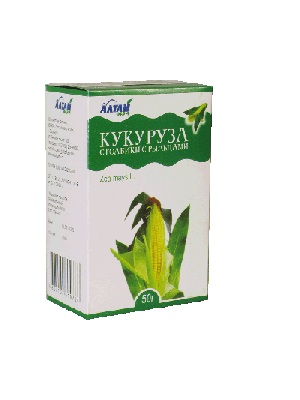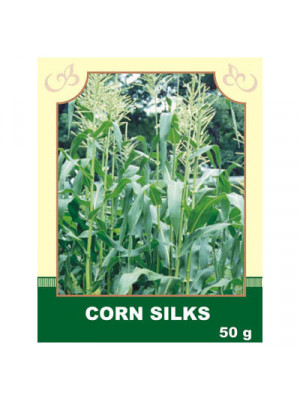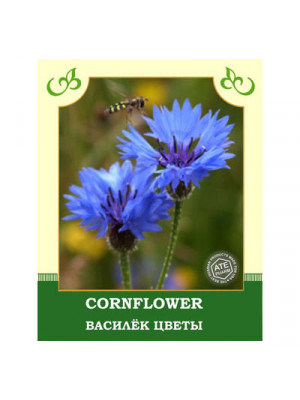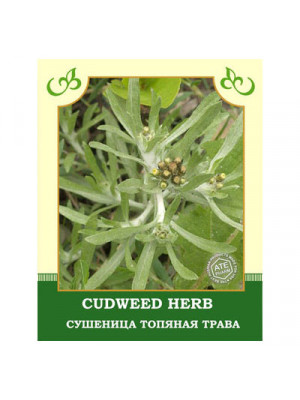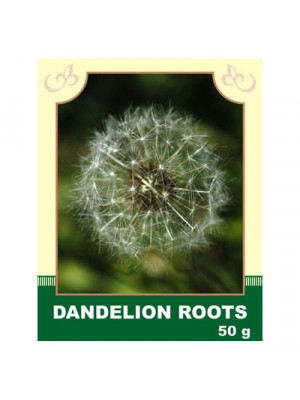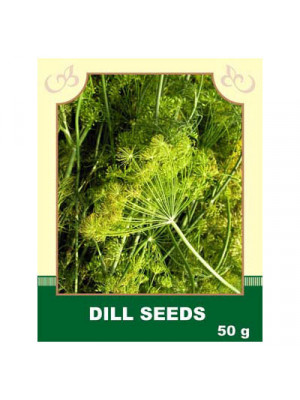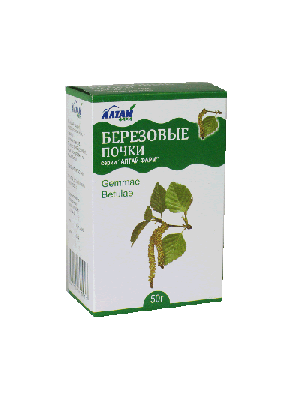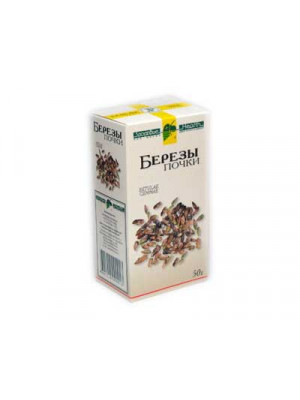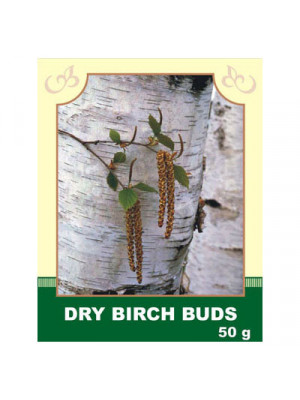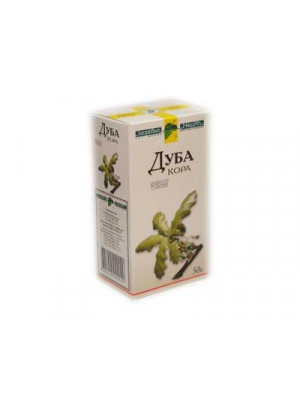Herbs
- Description. Corn silks contain vitamin K, ascorbic acid and pantothenic acid, fatty and volatile oils and other substances. The entire corn plant has long been used in Chinese and American Indian cultures for medicinal and nutritional purposes. Research has shown that corn silk may cause the production of bile and improve liver function. Chinese research has shown that corn silk can also lower blood pressure and improve blood-clotting. Because corn silk has such a high concentration of potassium (Vitamin K), it is a powerful diuretic. It can be used for many problems with the urinary tract. It is helpful for kidney stones, cystitis, and problems with urine flow.
Use. Corn silk is used for many types of urinary tract problems. The plant can be used to sooth the lining of the urinary tract. It can help relieve pain and difficulty with urination. Corn silk can help relieve the problem of cystitis. Corn silk is believed to reduce the formation of kidney stones. It can also help relieve symptoms for person who already has stones. In China, corn silk is often used to treat fluid retention and even jaundice. Use in cases of inflammation of the gallbladder, bile duct, and hepatitis with retention of bile secretion.
Attention! Before using any herbal products, make sure that you have full knowledge of how the herb works and any adverse reaction it may cause.$6.99 Internally, it is taken as a cholagogue for cholecystitis, cholangitis, hepatitis with delayed bile secretion; as a diuretic for kidney stones and bladder stones, dropsy, and obesity; in the treatment of atherosclerosis and hypertension; in gynecology.
Method of application and dosage: 3 tablespoons of raw material are poured with 200 ml of boiling water, heated in a water bath for 30 minutes, infused for 10 minutes at room temperature, strained, squeezing out the remaining raw material. The resulting infusion is brought to the original volume, taken in 1/4 cup every 3-4 hours.
Contraindications: individual intolerance.
$6.99Internally, the infusion is used for colds, cough, constipation, stomach pains, kidney and bladder diseases, as a diaphoretic, and as a remedy for palpitations and headaches.
Method of application and dosage: Infuse 1 teaspoon of violet for 1 hour in closed dishes in 1 glass of boiling water, cool, strain. Take 1/2 cup 3 times a day 15-20 minutes before meals.
Externally, the infusion of flower petals is used as eye drops and compresses for certain eye diseases. Crushed plant material is applied to wounds to promote healing.
Contraindications: Individual intolerance. The plant is weakly toxic, so caution should be exercised with dosage.
$6.99Internally: Taken for stage II hypertension, angina, atherosclerosis; added to herbal blends for peptic ulcer of the stomach and duodenum, gastritis with increased and decreased acidity, ulcerative colitis, as well as in diabetes and tuberculosis.
Method of application and doses: 2 tablespoons of raw material are poured with 200 ml of boiling water, boiled in a water bath for 15 minutes, infused at room temperature for 45 minutes, strained, squeezing out the remaining raw material. The resulting infusion is brought to the original volume with boiled water and taken in 1/2-1/3 glass 2-3 times a day after meals.
Externally: Applied for the treatment of cancerous diseases, wounds, burns, fistulas, and long non-healing ulcers. Prescribe compresses, lotions, tampons from infusions of Potentilla; for foot baths: 50 g of raw material is poured with 1 liter of boiling water, boiled for 5 minutes, infused until cool, strained, diluted in 10 liters of boiled water to a temperature of 35-37 degrees Celsius. The duration of the foot bath is 30 minutes.
Contraindications: Arterial hypotension, thrombophlebitis, individual intolerance.
$6.99Internal use:
Take internally as an appetite stimulant and digestive aid, as well as for deworming, as a cholagogue, and as a mild laxative for liver diseases, spleen conditions, gastritis, chronic constipation, hemorrhoids, and inflammatory conditions of the lymph nodes, furunculosis, medicamentous dermatitis, and acne. It improves overall well-being, normalizes metabolism, reduces cholesterol levels in the blood, and improves blood composition in anemia.
Method of application and dosage: Pour 1 tablespoon of roots with 200 ml of boiling water, boil for 15 minutes in a water bath, infuse for 45 minutes at room temperature, strain. Bring the ready infusion to the initial volume and take 1/3 cup 3-4 times a day 15 minutes before meals.
External use:
Externally, it is applied as rubs and washes for furunculosis, acne, dermatitis, and as a whitening agent for washing the face to get rid of freckles. Pour 2 tablespoons of raw material with 300 ml of boiling water, simmer for 15 minutes over low heat, infuse until cooled.
Contraindications: Individual intolerance, acute conditions with biliary tract obstruction, increased secretion of hydrochloric acid (peptic ulcer and gastritis).
$6.99Internally: Taken for indigestion, insomnia, and spasms, angina, headaches, hypertension, vomiting, belching, hemorrhoids, and to stimulate appetite, for colic; for stimulating milk secretion in breastfeeding women. An infusion of dill seeds is used for liver and biliary tract diseases.
Method of application and doses: Infusion: 1 tablespoon is poured with 1 glass of boiling water, infused for 15 minutes, strained. Take 1 tablespoon up to 6 times a day 15 minutes before meals in a cold form.
Externally: Used in the form of compresses for eye diseases, for pustular skin lesions.
Contraindications: Individual intolerance.
$5.99- Birch Buds contain volatile oils, ascorbic acid, bitters, flavonoids, tannins, sugars. Decoction and infusion of birch buds are considered to have diuretic, antiseptic, anti-inflammatory, cholagogic and wound healing properties. Some medics observed great increase of urination under influencing of this decoction and substantial abatement of edemas even when other heart and the diuretics did not help.$9.99
- Birch Buds contain volatile oils, ascorbic acid, bitters, flavonoids, tannins, sugars. Decoction and infusion of birch buds are considered to have diuretic, antiseptic, anti-inflammatory, cholagogic and wound healing properties. Some medics observed great increase of urination under influencing of this decoction and substantial abatement of edemas even when other heart and the diuretics did not help.$9.99
Internally, birch kidneys are used in the form of infusions as a diuretic, most effective for edema of cardiac origin. The infusion of birch kidneys also has a choleretic effect, and it helps with stomach spasms, insomnia, fatigue, and the severe course of menopause.
Method of application and dosage: Decoction - 10 g of kidneys are boiled in 200-250 ml of water for half an hour, and after cooling, the decoction is strained. Take the decoction 3 or 4 times a day, 1/4 cup each time. Tincture: 10 g of kidneys are poured with 100 ml of vodka, infused for one to two weeks in a dark place, and then strained. Internally, take the tincture in 30-40 drops several times a day, or use externally for rubbing.
Externally, for baths, compresses, and steaming in rheumatism, gout, joint pain, and acne.
Contraindications: Individual intolerance, during pregnancy, in inflammatory kidney diseases.
$9.99Internally, decoction of oak bark is used as an astringent and anti-inflammatory remedy for stomach ulcers, gastric bleeding, blood in the urine, heavy menstrual bleeding, diarrhea, and frequent urges to urinate.
Method of application and dosage: 40 g of roots are poured with 200 ml of boiling water, infused for 30-45 minutes, strained, squeezing out the remaining plant material. The decoction of the herb with boiled water is brought to the original volume and taken in 1 tablespoon 2-3 times a day.
Externally, decoctions of the bark are used for rinsing in gingivitis, stomatitis, and other inflammatory processes in the oral cavity, pharynx, and larynx. Also, as compresses for burns, to stop bleeding from open wounds, and to reduce foot sweating. 20 g of bark is poured with 200 ml of boiling water, infused for 1 hour.
Contraindications: individual intolerance. Overdose may cause nausea and vomiting.
$5.79


